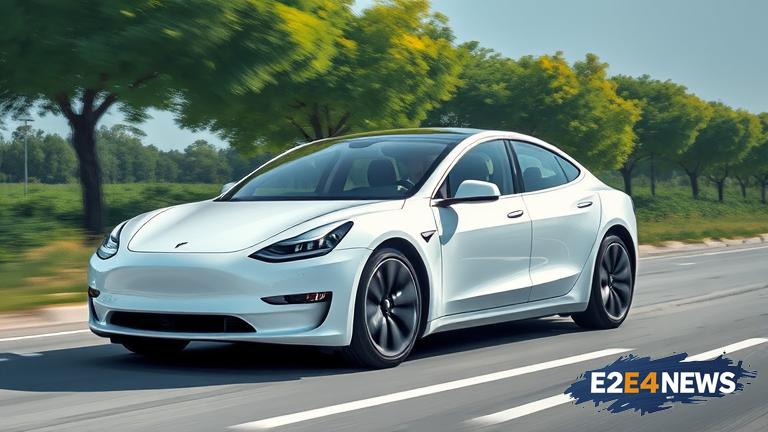In a shocking turn of events, electric vehicle manufacturer Tesla has been hit with a $243 million verdict in a lawsuit related to its Autopilot feature. The lawsuit, which was filed by a group of investors, alleged that Tesla’s Autopilot feature was defective and had caused a number of accidents. According to reports, Tesla had previously rejected a $60 million settlement offer in the case, opting instead to take the matter to trial. The verdict, which was handed down by a jury, is a significant blow to Tesla and its CEO, Elon Musk. The company had argued that its Autopilot feature was safe and that the accidents in question were the result of driver error. However, the plaintiffs presented evidence that suggested otherwise, including testimony from former Tesla employees and internal documents that appeared to show that the company had been aware of problems with the feature. The jury ultimately sided with the plaintiffs, finding that Tesla had indeed been negligent in its design and testing of the Autopilot feature. The verdict is likely to have significant implications for Tesla and the wider automotive industry, as it highlights the importance of prioritizing safety in the development of autonomous vehicle technology. Tesla has faced a number of lawsuits related to its Autopilot feature in recent years, and this verdict is likely to embolden other plaintiffs who may be considering taking action against the company. The case is also likely to raise questions about the role of regulatory bodies in overseeing the development of autonomous vehicle technology. In the US, for example, the National Highway Traffic Safety Administration (NHTSA) has faced criticism for its handling of investigations into Tesla’s Autopilot feature. The agency has launched a number of investigations into the feature, but has yet to take any significant action against the company. The verdict is also likely to have implications for Tesla’s bottom line, as the company will be required to pay out a significant amount of money in damages. Tesla’s stock price fell sharply following the announcement of the verdict, as investors reacted to the news. The company has yet to comment on the verdict, but it is likely that it will appeal the decision. The appeal process is likely to be lengthy and complex, and it may be some time before the matter is finally resolved. In the meantime, Tesla will be required to pay out the damages awarded by the jury. The case is a significant setback for Tesla, which has been working to develop and refine its Autopilot feature in recent years. The company has faced a number of challenges in its efforts to develop autonomous vehicle technology, including technical difficulties and regulatory hurdles. Despite these challenges, Tesla has remained committed to its vision of a future in which autonomous vehicles are the norm. The verdict is a reminder that the development of autonomous vehicle technology is a complex and challenging process, and that companies like Tesla will need to prioritize safety and transparency in their efforts to bring this technology to market. The case is also a reminder of the importance of regulatory oversight in ensuring that companies like Tesla are held to high standards of safety and accountability. As the automotive industry continues to evolve and autonomous vehicle technology becomes increasingly prevalent, it is likely that we will see more cases like this one. The verdict is a significant development in the ongoing debate about the safety and efficacy of autonomous vehicle technology, and it is likely to have far-reaching implications for the industry as a whole. The case highlights the need for companies like Tesla to prioritize safety and transparency in their development of autonomous vehicle technology, and to be held accountable when they fail to meet these standards. The verdict is also a reminder of the importance of robust regulatory frameworks in overseeing the development of autonomous vehicle technology. As the industry continues to evolve, it is likely that we will see more cases like this one, and it is essential that regulatory bodies are equipped to handle these challenges. The development of autonomous vehicle technology is a complex and challenging process, and it requires a collaborative effort from industry leaders, regulatory bodies, and other stakeholders. The verdict is a significant setback for Tesla, but it is also an opportunity for the company to learn and improve its safety protocols. The case is a reminder that the development of autonomous vehicle technology is a long-term process, and that companies like Tesla will need to prioritize safety and transparency in their efforts to bring this technology to market. The verdict is likely to have significant implications for the wider automotive industry, and it highlights the importance of prioritizing safety in the development of autonomous vehicle technology.
